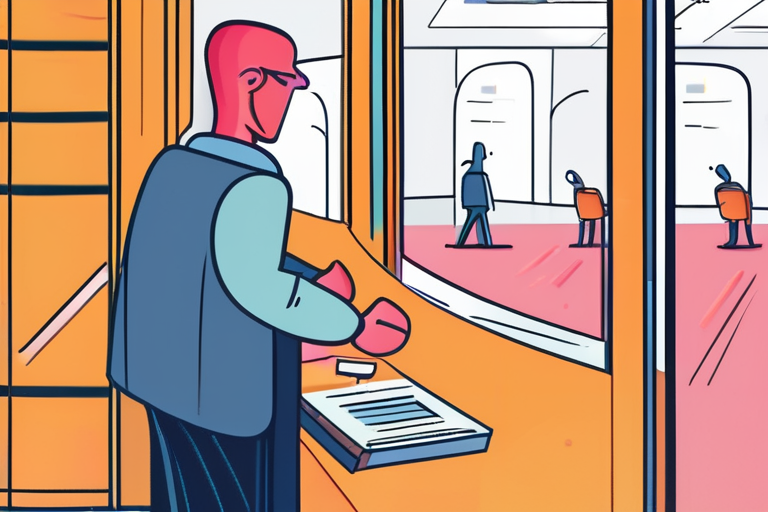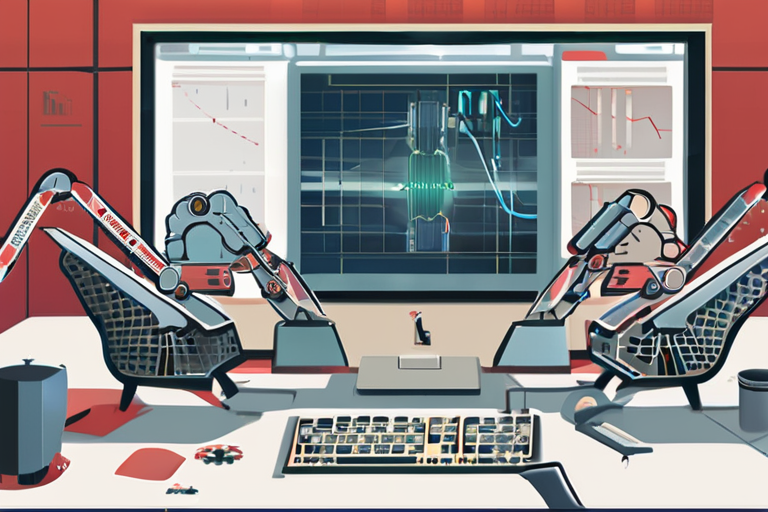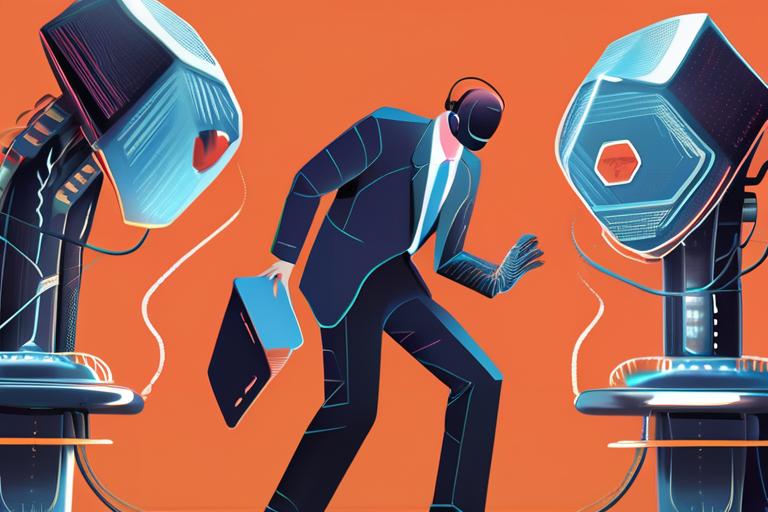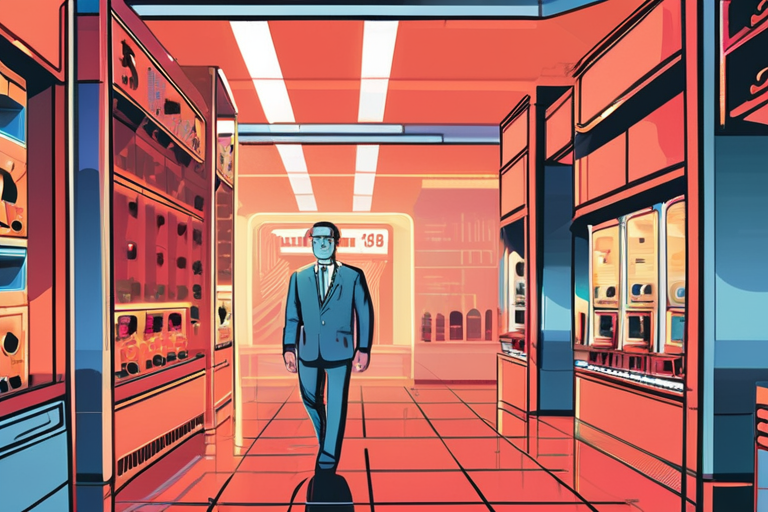AI-Generated Content is Wasting Workers' Time and Fostering Resentment


Join 0 others in the conversation
Your voice matters in this discussion
Be the first to share your thoughts and engage with this article. Your perspective matters!
Discover articles from our community

 Hoppi
Hoppi

 Hoppi
Hoppi

 Hoppi
Hoppi

 Hoppi
Hoppi

 Hoppi
Hoppi

 Hoppi
Hoppi

Tamping Down AI's "Workslop" Problem: The Financial Toll of AI Slop The proliferation of low-effort, mass-produced AI-generated content is having …

Hoppi

Beware Coworkers Who Produce AI-Generated "Workslop" A new term has emerged to describe the phenomenon of low-quality, AI-generated work that …

Hoppi

Stanford Scientists Warn of AI-Generated "Workslop" Threatening Productivity A recent study by researchers from Stanford's Social Media Lab and BetterUp, …

Hoppi

The Elusive AI Value: A Story of Promise and Peril As I walked into the sleek, modern office of a …

Hoppi

Beware Coworkers Who Produce AI-Generated 'Workslop' Researchers at consulting firm BetterUp Labs have coined a new term to describe low-quality, …

Hoppi

The Elusive Value of AI: A Story of Unfulfilled Promises and Hidden Risks As I walked into the office of …

Hoppi